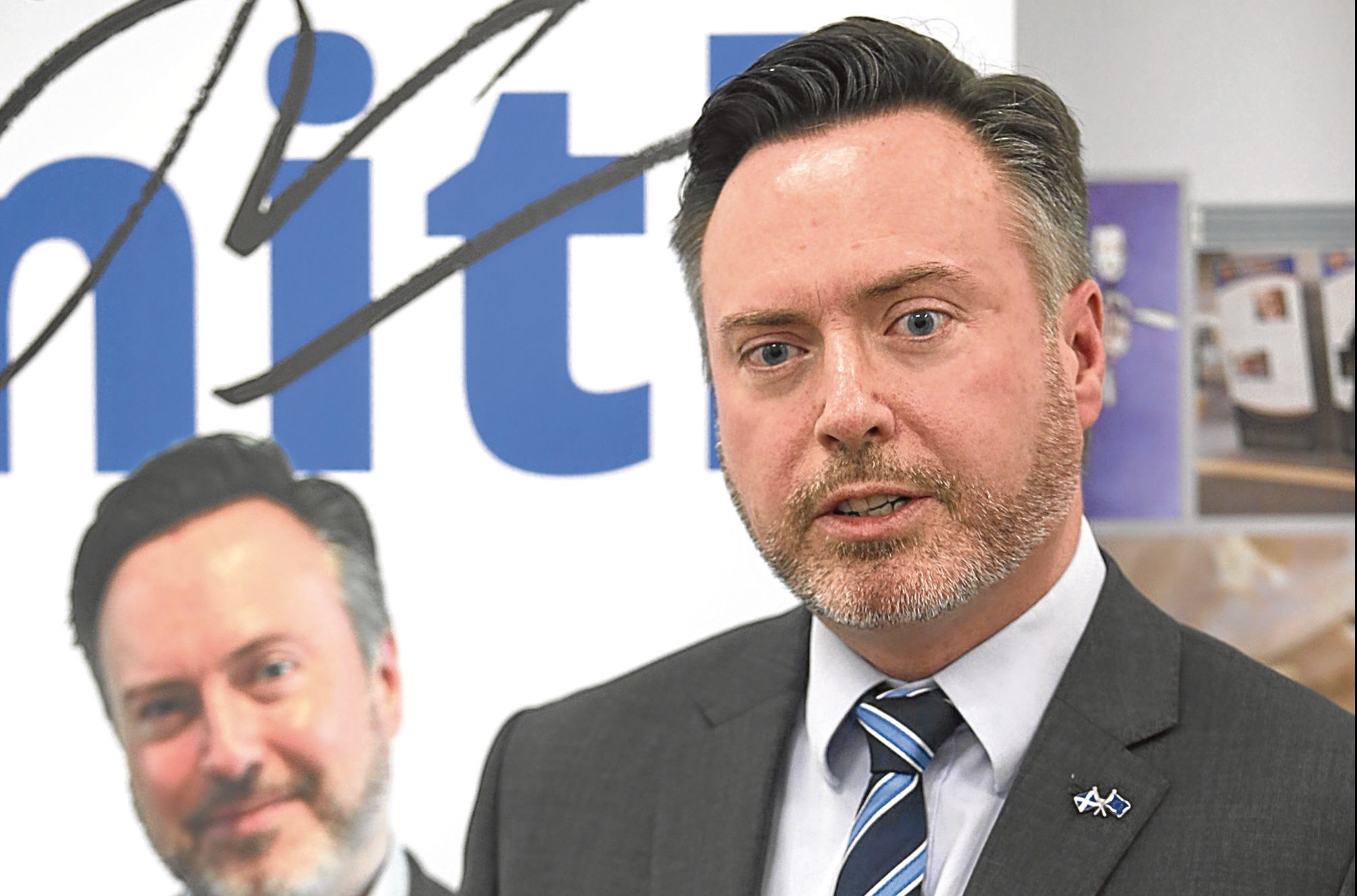There have been many demands for an end to the climate of intimidation that pervades Scottish politics under the Nationalists – but they don’t usually come from within the party.
Now that an SNP politician, the MEP Alyn Smith, has broken ranks and urged his fellow separatists to curb pro-independence cybernats, perhaps something will be done to stop the scourge.
Or perhaps not. The outpouring of online bile that has become the trademark of nameless Nationalist activists has been allowed to flourish since before the independence referendum because the party has largely turned a blind eye.
Although Nicola Sturgeon has condemned all social media abuse, from whatever source, the SNP has not made any serious attempt to tackle the persistent harassment by its supporters of anyone who dares to disagree with them.
Mr Smith said: ‘I would like to see a specific code of conduct in my own party with four or five simple points that everyone agrees on, including a ban on the kind of anonymous accounts which seem to enable people to be so unpleasant.”
He said he was fed up with “whataboutery from one side or another” and hoped all parties could sign some kind of code of online decency.
I wish him the best of luck with his commendable crusade but fear it is doomed from the start. While there are certainly troublemakers of all political persuasions, those on his side have deservedly earned their reputation as the worst offenders.
But the cybernats are merely one manifestation of a movement that has, in the past few years, brooked no dissent from any quarter.
The 2014 referendum was, many of us believed, the ugly high point of Nationalist censorship, when little old ladies were too afraid to put No posters in their windows, farmers across Perthshire lived in fear of Yes vandals, and hard-nosed businessmen were cowed into silent submission.
But here we are, almost three years later, and the SNP is still using the same tactics to try to close down a debate they have failed to win.
The latest episode concerns the boss of Highland Spring, Les Montgomery, praised in this column just a week ago for braving Nationalist fury in criticising the Scottish government.
But no sooner had he voiced his reservations about how Ms Sturgeon’s Indyref2 obsession was damaging corporate confidence, than economy secretary Keith Brown had instructed his officials to contact the businessman for a face-to-face over his comments.
Following what we must assume was a reprimand, and an onslaught of inevitable cybernat nastiness – not to mention Nationalist crooner Eddi Reader threatening to boycott Highland Spring bottled water on her tour bus – Mr Montgomery duly backtracked, issuing a swift apology.
Then he apologised again, to make it clear he hadn’t capitulated after “pressure from the Scottish government” or as a result of any influence from, or conversations with, them.
The Nationalists were notoriously touchy about criticism when they are riding high in public affections, but now that their popularity is plummeting – with two thirds of voters preferring Unionist candidates in the last general election – they are even more averse to opposition.
The constitutional issue has dominated Scottish politics for too long and the vast majority of Scots are fed up – to echo both Mr Montgomery and Mr Smith – and would far rather the government focused on its domestic responsibilities.
But the message – judging from the treatment meted out to Highland Spring, to respected economists and academics, and to lowly journalists, too – is that the SNP will not tolerate those who diverge from the party line.
In another example of this heavy-handedness, the former First Minister – and former MP – Alex Salmond lashed out at the Fraser of Allander Institute over its warning last week that Scotland could be heading for a recession.
The institute’s raison d’etre is to explain economic trends but apparently its expert opinion is only acceptable if agreeable to the Nationalists.
As it happened, the country pulled back from the brink, with GDP figures revealing the Scottish economy had defied predictions, although companies still face tough conditions and the outlook is far from rosy.
Mr Salmond then turned on opposition parties for talking down Scotland.
“There is nothing more stupid than a politician who misreads the economy,” he said, which is rich from the man who based his entire separation case on oil being more than $100 a barrel.
The cybernats that Alyn Smith wants to discipline may be regarded as uncontrollable mavericks by some in the party but several have been identified as SNP stalwarts, and include councillors and candidates who could easily have been brought to book.
They never will be, though, because they reflect an attitude that prevails in the upper reaches of a regime that has long forgotten that democracy is best served by open and honest discussion.
